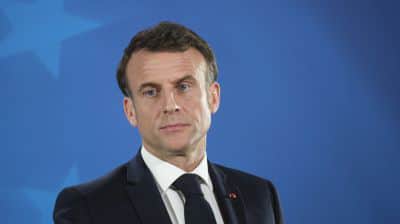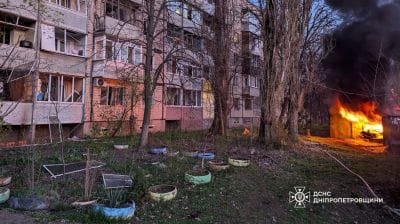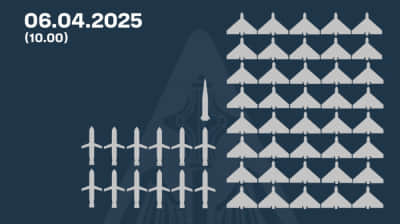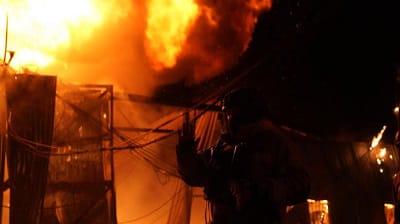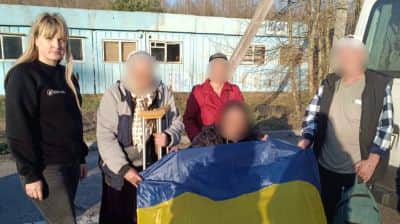Kremlin legitimises persecution of those who disagree with its policy and war against Ukraine – ISW
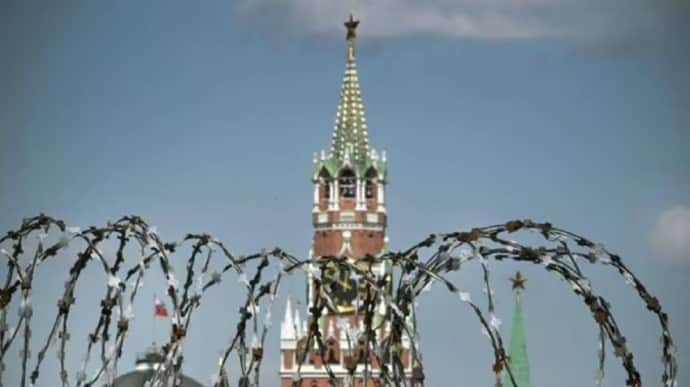
Analysts at the Institute for the Study of War (ISW) have pointed out that Russia's new draft so-called counter-terrorism strategy codifies terms to legitimise the persecution of those who disagree with the Kremlin's policies and its war against Ukraine.
Source: ISW
Details: Russia is strategically broadening its legal definition of prosecutable extremism to further criminalise and suppress domestic opposition to the Kremlin and its war against Ukraine. On 22 July, the Russian Ministry of Internal Affairs unveiled a draft of a new counterterrorism strategy, which introduces legal definitions for "Russophobia" and "xenophobia" while altering the definitions of "radicalism", "countering extremism," and "subjects of countering extremism".
These redefinitions, particularly inclusion of a provision that defines support for constitutional reform as "radicalism", aim to frame dissent against the Russian government's current actions and structure as ethnic intolerance against pro-Kremlin Russians. It seeks to equate opposition to the Kremlin's policies and the war in Ukraine with a disdain for Russian culture and history and support for states considered hostile to Russia.
The Kremlin is likely using these expanded definitions and subsequent legal actions to appease Russian ultranationalists. Recently, under the pretext of counter-extremism, the Kremlin has ramped up efforts to crack down on illegal migration amidst growing ethnic tensions, while simultaneously failing to address the threat of Islamic extremism within the country.
Quote: "The Kremlin will likely lean into narratives and ideologies promoting domestic nationalism to set informational conditions for its prolonged war effort in Ukraine and its future hostility towards other states the Kremlin deems hostile under the ‘Russophobic’ and other extremist labels."
To quote the ISW’s Key Takeaways on 22 July:
- Russia and North Korea are pursuing increased cooperation in the judicial sphere.
- Russia is taking steps to codify terms broadly expanding the Russian official definition of prosecutable extremism as part of its ongoing effort to criminally prosecute and stymie domestic opposition to the Kremlin and its war in Ukraine.
- Kursk Oblast officials appointed a critical Russian milblogger to an advisory role within the regional government, likely as part of wider Kremlin efforts to appease critical commentators by granting them certain reputational concessions in exchange for their increased informational loyalty.
- Ukrainian forces conducted drone strikes against Russian oil infrastructure in Krasnodar Krai and a military air base in Rostov Oblast on 22 July.
- Georgian authorities reportedly placed roughly 300 Georgian citizens who have served as volunteers in the Georgian Legion alongside Ukrainian forces on Georgia's wanted list.
- Russian forces recently advanced near Vovchansk, Siversk, Toretsk, and the city of Donetsk.
Support UP or become our patron!
